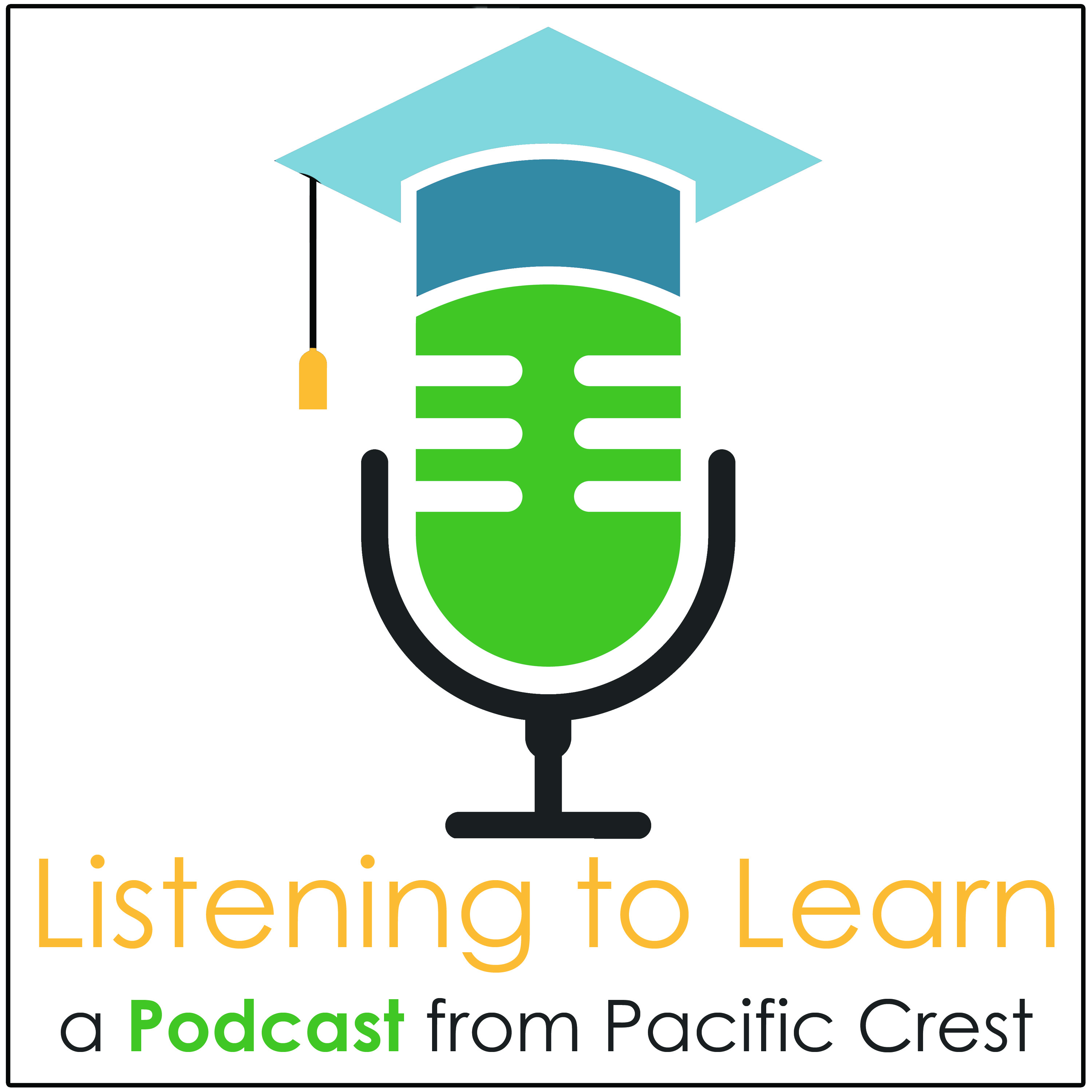Listen "Grading Doesn't Teach Students How to Improve"
Episode Synopsis
This episode kicks off with the amusing revelation that Pablo Picasso, in his later years, sometimes required supervision in galleries because he had been caught trying to "touch up his own paintings"—a perfect, if eccentric, example of the "constant human drive we have to make things better". This impulse to refine, even our best work, serves as the springboard for a deep dive into the crucial distinction between evaluation and assessment. We explore why relying solely on evaluation, which delivers a judgment or grade right at the end and often lacks the necessary roadmap, risks getting students stuck in a cycle of repeated attempts hoping for a different outcome. Crucially aimed at educators trained primarily as evaluators, the episode details the shift required to adopt the assessment mindset, which involves focusing only on the performance characteristics—not the person—and valuing the assessee’s goals first. We define the MEA (measurement, evaluation, assessment) framework and then tackle the "final frontier" for self-improvement: self-assessment, arguing that it is exponentially harder because we instinctively evaluate ourselves rather than objectively assessing the work. Tune in to learn why the ultimate goal is consciously becoming your own mentor, not your own judge, complete with a structured roadmap for setting genuinely important criteria (like sophistication of argument, rather than just word count) and developing both short-term and long-term action plans for sustainable growth.
More episodes of the podcast Listening to Learn
The Six Levers for Improving Performance
15/12/2025
 ZARZA We are Zarza, the prestigious firm behind major projects in information technology.
ZARZA We are Zarza, the prestigious firm behind major projects in information technology.
